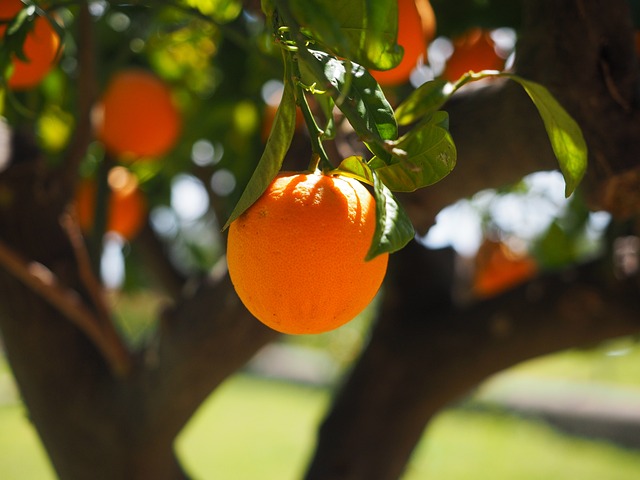Most of us are familiar with the concept of probiotics – those friendly bacteria that promote a healthy gut and support our overall well-being. While yogurt is perhaps the most well-known source of probiotics, there are actually numerous other surprising sources that can provide you with these beneficial microorganisms. In this blog, we will explore beyond yogurt and discover unexpected sources of probiotics for optimal gut health.
1. Sauerkraut
Sauerkraut, which is made from fermented cabbage, is not only delicious but also packed with probiotics. The fermentation process encourages the growth of lactobacilli, a family of bacteria known for their beneficial effects on digestion. Adding a spoonful of sauerkraut to your meals can introduce a vibrant boost of probiotics into your diet.
2. Kombucha
Kombucha is a fermented tea beverage that has gained popularity in recent years due to its probiotic content. It is made by fermenting tea with a symbiotic colony of bacteria and yeast (SCOBY). The result is a fizzy, tangy drink that is not only refreshing but also aids in promoting a healthy gut. Kombucha is available in various flavors and can be a great alternative to sugary soft drinks.
3. Kimchi
Kimchi is a traditional Korean dish made from fermented vegetables, most commonly cabbage, radishes, and onions. Like sauerkraut, it undergoes lacto-fermentation, resulting in the growth of beneficial bacteria. Kimchi is known for its unique spicy and tangy flavor and can be enjoyed as a side dish or added to other dishes for an extra kick of flavor and probiotics.
4. Miso
Miso is a traditional Japanese seasoning made by fermenting soybeans with salt and a specific fungus called Aspergillus oryzae. The fermentation process creates a rich, savory paste that adds depth of flavor to soups, marinades, and dressings. Alongside its delicious taste, miso also provides a good dose of probiotics that can support a healthy gut ecosystem.
5. Tempeh
Tempeh is a highly nutritious plant-based protein source made from fermented soybeans. During the fermentation process, the soybeans are bound together into a cake-like form. Tempeh has a nutty flavor and a firm texture, making it a versatile ingredient for various dishes. In addition to being rich in probiotics, tempeh is also an excellent source of protein, vitamins, and minerals.
6. Pickles
If you enjoy crunchy pickles as a snack or as a burger topping, you’ll be pleased to know that they contain probiotics. Pickles are cucumbers that have been fermented in a brine solution, allowing beneficial bacteria to develop. However, it’s important to opt for naturally fermented pickles rather than those made with vinegar, as the latter doesn’t offer the same probiotic benefits.
7. Coconut Milk Yogurt
While this blog is about exploring sources of probiotics beyond yogurt, we can’t ignore the popularity of dairy-free options. Coconut milk yogurt has gained a strong following among those who are lactose intolerant or prefer a vegan lifestyle, and it also provides probiotic benefits. Just like traditional yogurt, coconut milk yogurt undergoes fermentation, resulting in a creamy and delicious product loaded with gut-friendly bacteria.
When it comes to incorporating probiotics into your diet, there are plenty of options beyond yogurt. From sauerkraut and kimchi to kombucha and miso, the world of fermented foods offer a wide variety of flavors and health benefits. Whether you choose to explore these surprising sources or stick to traditional yogurt, adding probiotics to your diet can contribute to optimal gut health and overall well-being.







